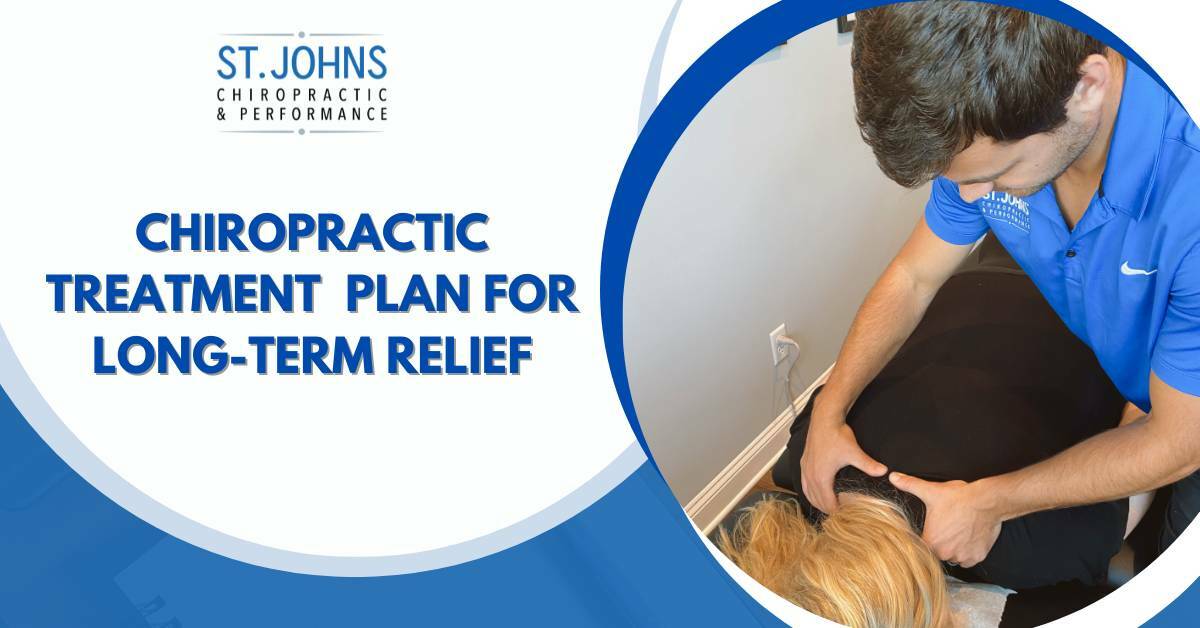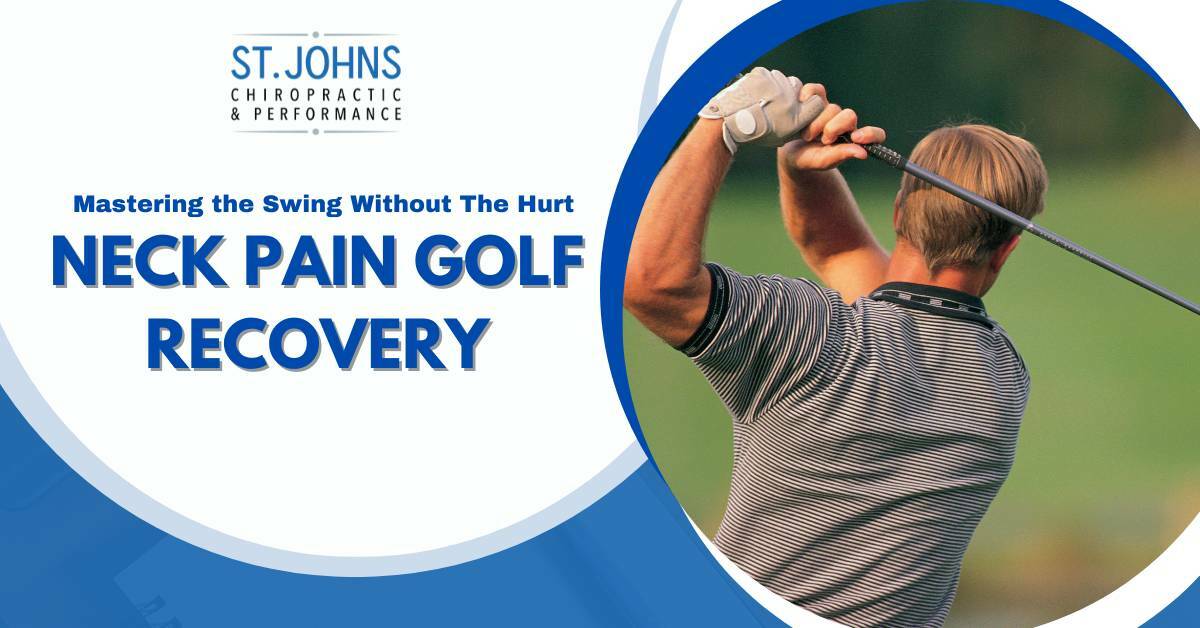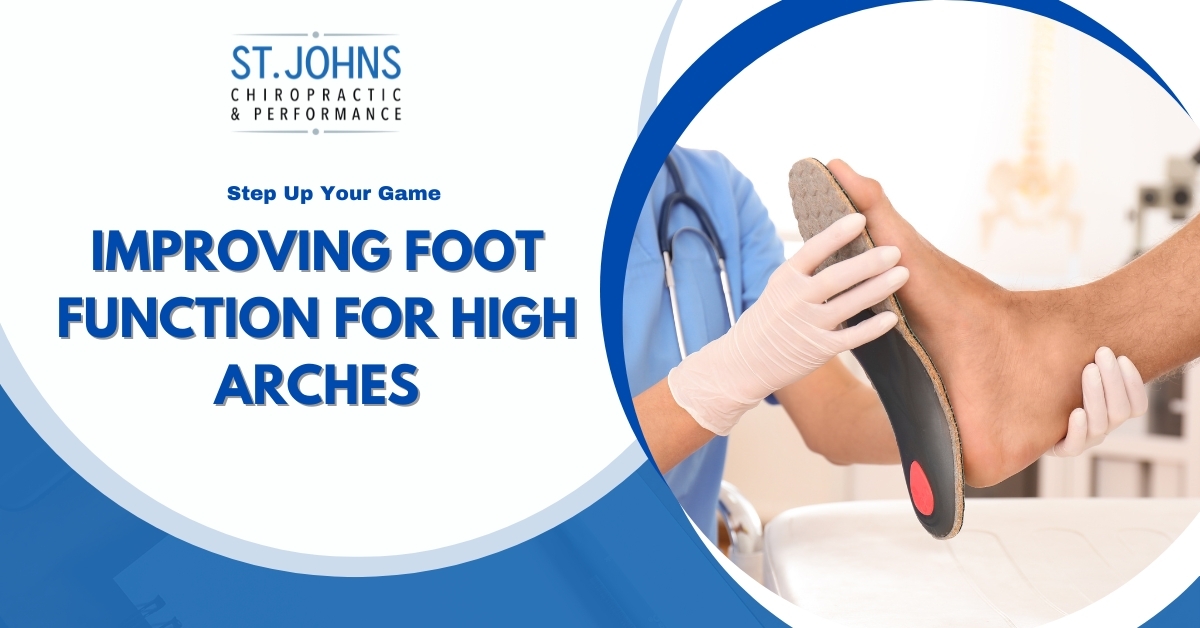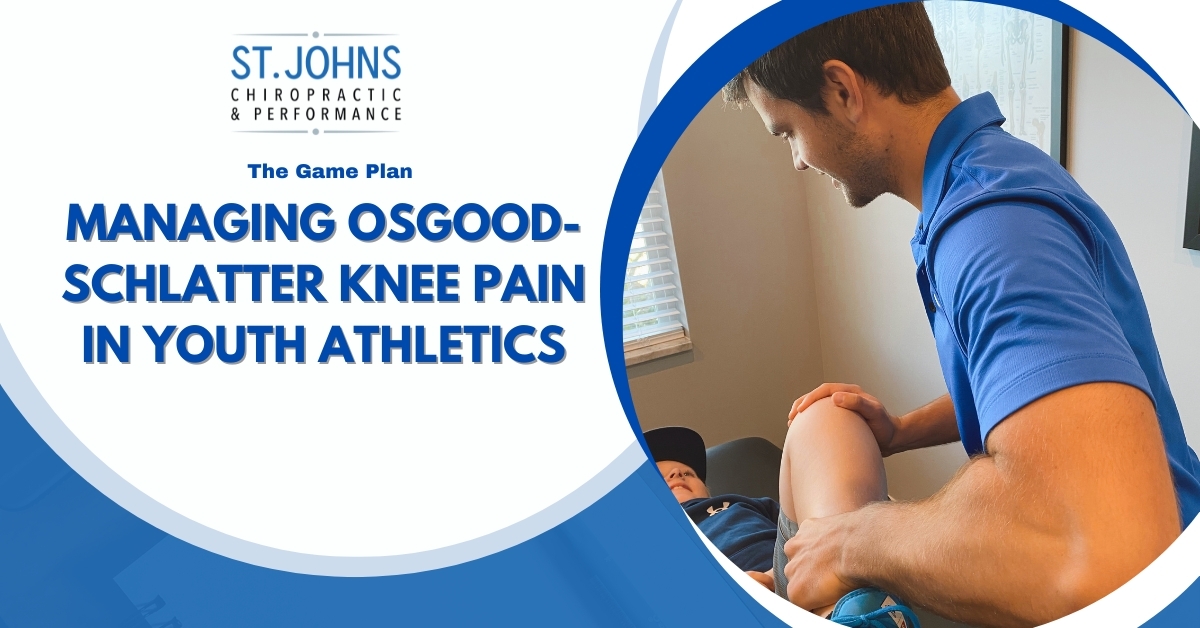Our recent article went through what a sports concussion is and what to expect from one. There are at least 1.6 and 3.8 million (likely many more) concussions from sports activities reported each year. The good thing is, symptoms normally resolve within 7-10 days and often much less (1).
Traditional guidelines recommend the athlete strictly rest until all concussion symptoms have resolved. While rest is still important, especially in the 24 hours following the injury, research is now showing that prolonged rest is not helping your symptoms and maybe making them worse (2).
In a study of adolescents with a recent concussion, those who rested for 5 days following the injury reported worse concussion symptoms and slower symptom resolution. This was compared to those who rested 1-2 days before slowing returning to normal activities (3).
Instead of just resting until your symptoms disappear, there are some steps you can take to not only help with your symptoms, but to let your brain heal from the toxic particles and lack of energy production that occurs post-concussion!
Kickstart the Recovery
What you put into your body, has a significant impact on your body’s inflammatory levels. You want your body to have low or normal inflammatory levels. Your body has high inflammatory levels when it is sick or injured, like what happens with a concussion! (4)
Inflammation is good in the short term because it protects your body, but it often sticks around too long causing damage or delayed healing. Since a concussion produces toxic, inflammatory particles in your brain; it is a good idea to do all that you can to limit other sources of inflammation to give your brain the best chance for a speedy and complete recovery.
Diet is probably the easiest factor that we can control to help keep inflammatory levels to a minimum. With that being said eating an anti-inflammatory diet consisting of colorful fruits and vegetables, good-quality meat, eggs, fish, nuts, sweet potatoes, and oils such as olive and coconut oil is your best bet for keeping the inflammation at bay.
Supplements and spices such as fish oil, magnesium glycinate, and turmeric are anti-inflammatory and can be beneficial alongside an anti-inflammatory diet (2). Stay away from inflammatory foods like wheat products (pizza, bread, pasta), milk, energy drinks, soda, and other foods high in sugar.
Manual therapy and specific rehabilitation exercises targeting to your neck can also help with concussion symptoms. This makes sense because of the whiplash involved with a head injury and since many of your neck muscles attach onto your head.
About 13% of concussion patients have neck pain (1) and other concussion symptoms including headaches could be a result of neck dysfunction! (2) Therefore, soft tissue techniques, joint mobilizations, and rehabilitation exercises can help normalize your neck function and relieve concussion symptoms.
Exercising for Concussion Recovery?
As mentioned earlier, prolonged rest does your body no favors when recovering from a concussion (3). So does this mean that your athlete should start going back to school immediately and continue playing in sports?
Not at all! But introducing them to a light aerobic exercise routine that does not make their symptoms worse, can help them return to their sport quickly and safely.
One study showed that those who started light exercise the next day after injury, returned to their sport and their school or job quicker than those who waited longer. And “for each successive day in delay to initiation of aerobic exercise, individuals had a less favorable recovery trajectory.” (5)
This last quote simply means that those who delayed exercise for a couple days returned to sport quicker than those who waited a week. And those who rested for a week before exercising returned to sport quicker than those who waited 2 weeks.
It is important to note that this study is not recommending strenuous exercise that makes concussion symptoms worse, it simply shows that light exercise done soon after the injury is associated with faster recovery.
For your athlete to have optimal recovery from their sports concussion, make sure they rest the day of injury, eat an anti-inflammatory diet, receive treatment to their neck and back, and start a light exercise routine the day after their injury at a level that does not make their symptoms worse! This should be supervised by a licensed healthcare professional!





